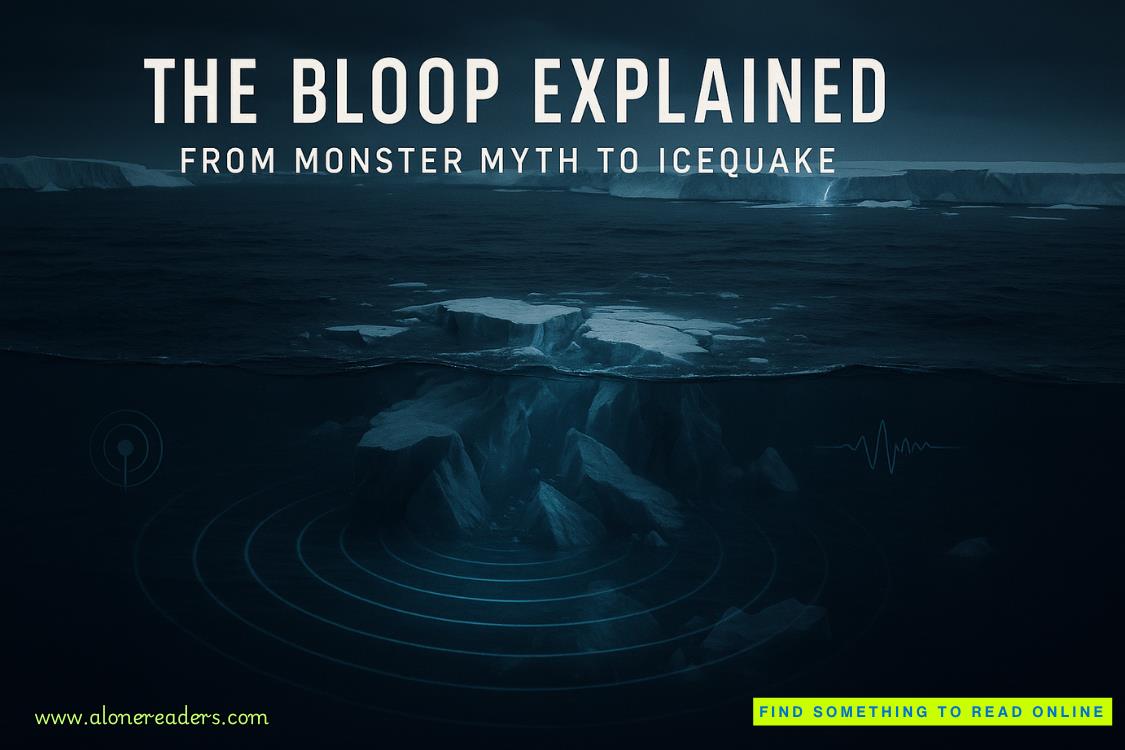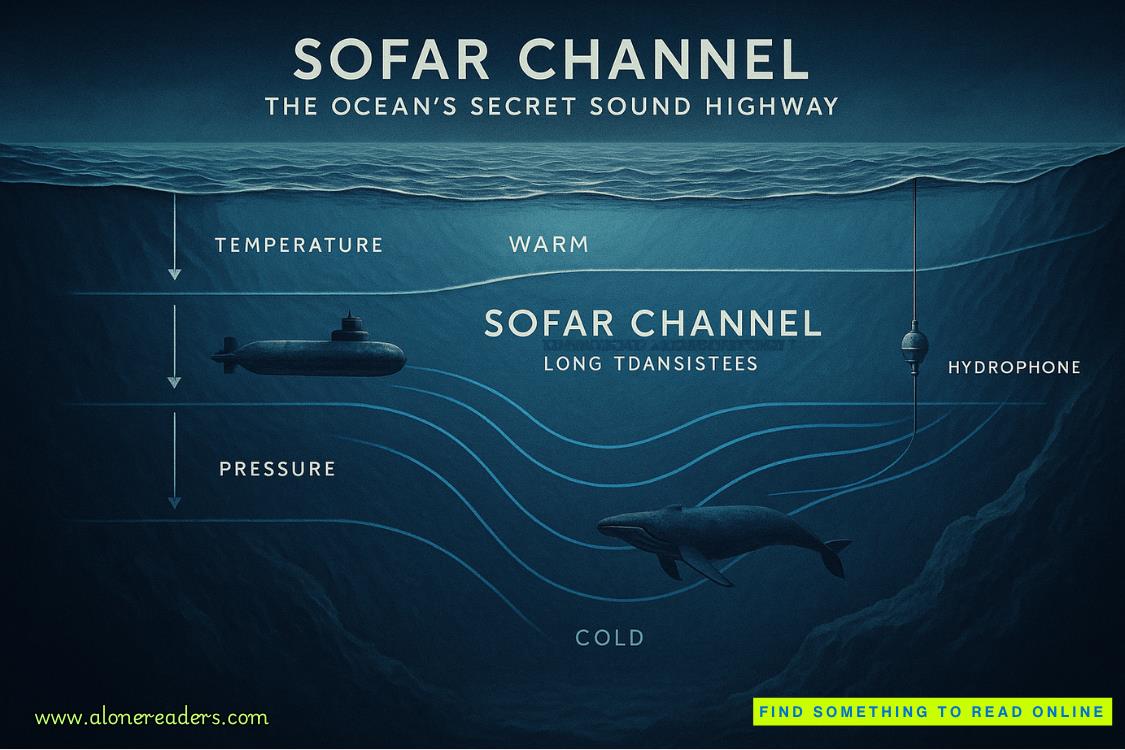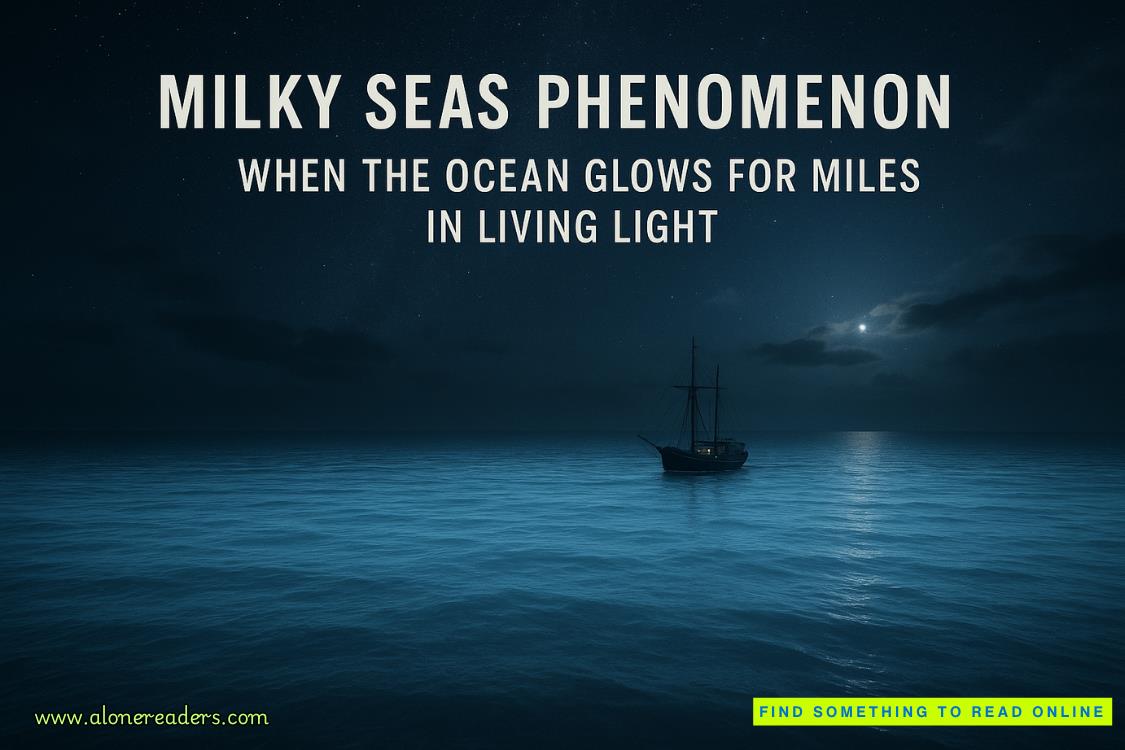Page 105 of Before You Say Goodbye
Occasionally, for fun, Autumn allowed herself to think back to the day they’d met. He’d seemed so different then, bouncing enthusiastically behind his brother after his gig, cocky and very clearly aware that the women waiting for him by the door expected to sleep with him. She could never have imagined then what she and this stranger would go through together. They had both changed so much. They’d grown up, and raised each other along the way, but they’d come to rely on each other, and it was time to move on. Fate, or whatever silly thing it was she was starting to suspect might control these things, felt the same way, it seemed, and it had intervened just a week or so ago.
Before he’d grown too ill to sing, Bowie had convinced Marley to record some of the songs they’d written together, insisting Marley would take comfort in listening to them one day. Between them they’d handled everything, the instruments, editing, production and singing. Marley had gone along with it largely because he’d wanted to make Bowie happy, considering it precious time he got to spend with his ailing brother before they were forced apart. In his turmoil after Bowie’s death, he’d forgotten all about the demos they’d created until not so long ago, when he’d received a call from an agent who said she’d been forced to listen to their songs via a Spotify link her assistant had been sending her over and over again for weeks. She thought Marley was wonderful and wanted to represent him. Bowie, they discovered as they hastily investigated, had uploaded their music to a profile bearing only Marley’s name. He’d commissioned a company to promote the tracks and tasked his theatre friends, Phil and Clara, with managing the account. He’d instructed everyone involved not to approach Marley or his family about the profile until the music had gained some traction, by which time he hoped his brother would be mourning his death less intensely. He was right about that. Luckily, he’d also accurately predicted that Marley’s reaction would be todemand Bowie’s friends remove the music immediately and to tell the agent to leave him alone. But the agent had been briefed on Marley’s situation, too. She went back to Phil, who forwarded Marley a voice note Bowie had recorded and sent in the final days of his life, alongside strict instructions on exactly when it should be passed on to his brother. Marley, who’d listened to it once in private, played it for the family one evening at the dinner table.
“Stop being stubborn,” Bowie said. “I know you’re angry, but you’re not punishing anyone except yourself. Not everyone is capable of creating things. If you have something magic inside you, you owe it to the world to set it free.”
Autumn reeled. Those words were familiar.
“I can’t take credit for the poetry,” Bowie continued. “Autumn said those words to me once. Remember, you’re not the villain in this story, Marley. You saved your little sister. It’s just that the system sucks. But things are changing — I can feel it in my bones.”
Bowie was right — things were changing. Brave women were coming forward and publicly calling out the conduct of not only Vincent, but other men in similar industries. The message was clear. Their time was almost up. Bowie continued.
“I know your life has probably ground to a halt. That pains me more than this damned cancer ever could.”
Autumn and the Whittles passed sad smiles around the table. Bowie had known somehow that his brother would still be here, but that he’d be languishing in some sort of purgatory, surviving for the sake of everyone else, refusing to really live. Marley still wrote, but rarely played his songs to anyone. He never saw friends, went to the pub or partied with Pip like he used to. Apart from one evening with a sex worker he’d admitted to hiring the day before he’d tried to kill himself in Autumn’s apartment, he hadn’t been near any women, in all that time. Hedid absolutely nothing for the sake of himself anymore. He was living for his family, none of whom could figure out how to pull him from the funk he’d settled himself in. Luckily, Bowie knew just what to say.
“Please, Marley, do it for me. Forget everything except how much you love making music and go for it. Nobody deserves it more than you do. You’re my hero, OK? I love you, bro.”
Marley hadn’t said much this past week in wake of the revelation, but he’d stopped insisting Phil and Clara take down the tracks, and Autumn knew he’d asked the agent to give him some time to think about it. She felt like this might be his shot and it was part of the reason she thought it was best if she and Benjamin moved out. Marley had been stuck for so long and she was confident her prominent presence in his life was holding him back. Now that he knew he was Benjamin’s father, it would get worse. How could they hope to meet other people, to have lives that did not start and end with their child, if they lived together while they raised him? Moving out would give Marley the time and space he needed to start creating things again, she was sure of it.
Autumn stood and went to Benjamin. She loved to watch him sleep. She wondered if anyone had ever watched her when she was at peace, the way she had her son. The way she did his father. Marley gave her the space she was seeking from him for only a moment, then clambered out of the bed and strode to her.
“Don’t do this.” He fell to his knees in front of her. She laughed, but he held on to her around her waist and did not smile. She pulled him up off the floor and into a hug.
“Marley, there’s a life out there for both of us,” she said, holding him tightly.
“You’re my life now, Autumn, you and Benjamin,” he said. She sighed, and her fingers sought out wrists she’d once held together. She stroked her thumbs over his scars delicately and,despite a dangerous proximity she usually tried hard to avoid, dared to look up at him.
“I’ll never do anything like that again,” he said. “I promise. But I still don’t want you to go.”
“I know you don’t.”
She looked deep into his eyes. They were bigger and bluer than she’d ever seen them. She forced herself to look away, but he put his hand under her chin and tilted her head so that he could look at her again. He was trying hard to read her expression.
“What’s going on in that complicated head of yours?” he asked her. She didn’t know how to answer. He watched her. “You look like the sky today,” he murmured. “All messy and perfect.”
Whenever there was uncomfortable silence between them, which there was much more frequently these days, Marley found something poetic to compare her to: the sky, the trees, the birds. It was an effective diversion tactic. She typically found some way to brush him off, but she didn’t have the strength tonight. She was trying hard to ignore how perfectly parted and inviting his lips looked when there was a knock on the door. They jumped apart a second before Bluebell appeared, her eyes small, her face crinkled and red.
“Autumn, can I talk to you?” she asked. Autumn nodded, bidding Marley goodbye with a squeeze of his hand and following her friend into the living room. She wondered fleetingly if this was an ambush, but the house was silent and she knew, somehow, everyone was in bed. They sat side by side on the sofa, their knees drawn up to their chests. Bluebell was trying hard to control her crying, without success. Autumn wanted to comfort her, but she didn’t know if she’d be shooed away.
“I’m sorry,” Bluebell said eventually. “For being such a witch.”
“Don’t apologise.” Autumn shook her head. “I deserved worse.”
“You didn’t, though, Autumn,” Bluebell said. “I know how hard the whole thing was for you. I know how much you loved Bowie. And I knew how he felt about you and Marley, what he was planning, before I said those nasty things—”
“It’s no excuse,” Autumn said. “Bowie didn’t deserve what we did to him. We were wrong. We did the worst thing we could possibly do, though I can’t say I regret it, not now we have Benjamin.”
Bluebell nodded. “He’s all everyone is living for now. His birth gave everyone hope. Without him, I’m quite sure Marley would be dead. Mum wouldn’t ever have gotten over it. He brought them back to life. I always said you and I met for a reason.”
Despite the seriousness of Bluebell’s comment, a little laugh escaped Autumn’s lips. It was just like her friend to bring this all back to fate. The insinuation no longer irritated her. She was willing to concede her friend might be right. She mused for a moment.
“You know,” she said, wondering even as she spoke if this was the right thing to say. “Bowie was special — so kind, attentive, clever and funny — but there’s no way I could have known that in the beginning, and I always wondered what it was about him that made me fall in love. I was his from the moment we met. Even after all this time, I still don’t know. I’ve racked my brain. There was no reason I can see or touch or feel. There’s no explanation. Of all the men I’ve ever met, and there have been a few, why him? Why Bowie?”
“Why do any of us choose anyone?” Bluebell asked. “Except that it’s written somewhere?”
They sat for a moment in comfortable silence.
“Perhaps itwasto bring you to Marley,” Bluebell said. “So that you could have Benjamin. That little boy absorbed so much of our pain.”















